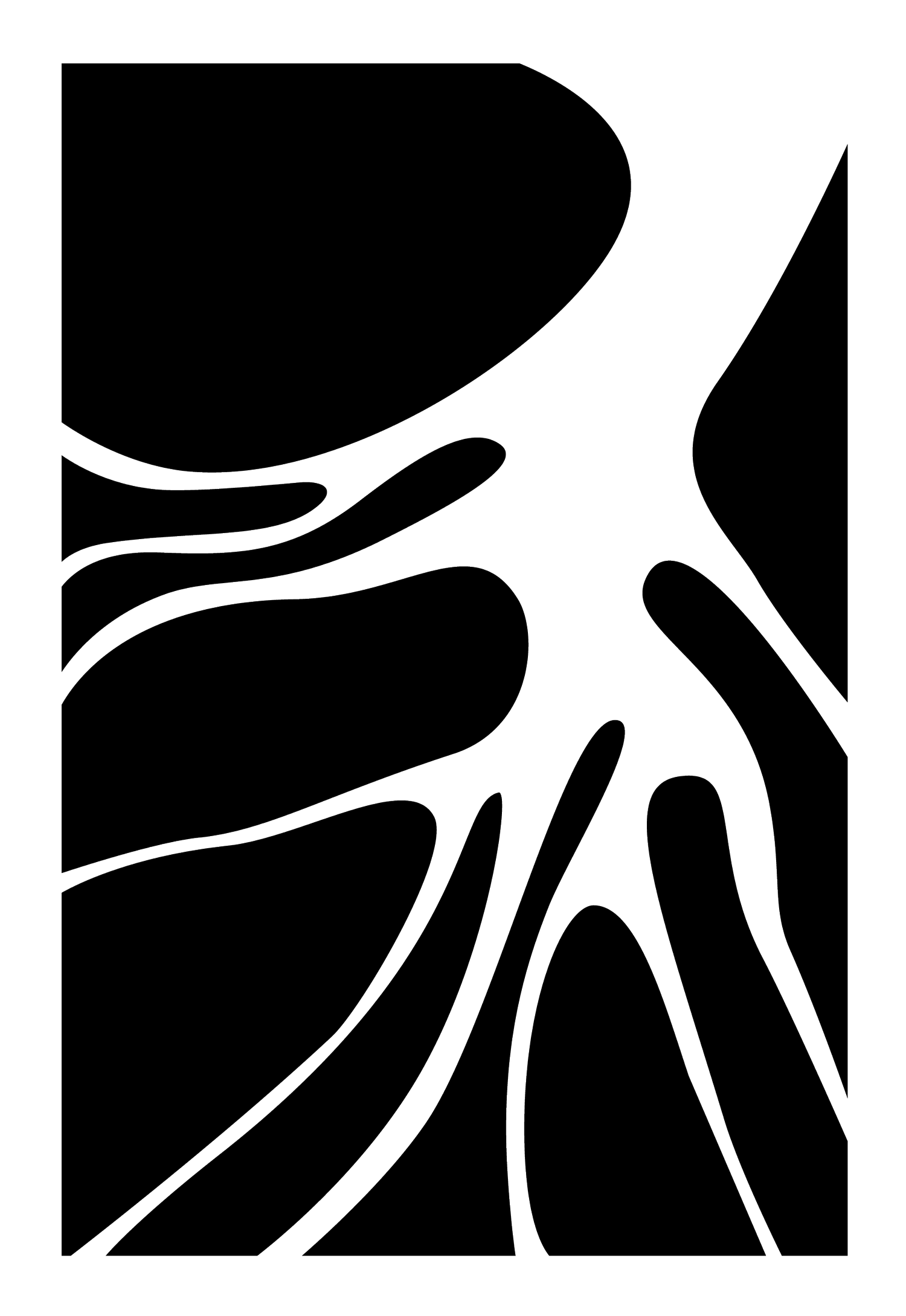Rough Weather
after Paul Martin (1896), ‘Rough weather at Hastings’
by Charles Byrne
The print’s residual iron salt,
diffused from the platinum paper,
has woven a coiling rusty constellation
on the black night of the album’s facing page.
And yet each platinum grain of the photograph
has stood fast, the white wave’s silent gelid curl,
arced hoarfrost of wave, the water’s beat of heart
against the numbed wall.
I picture the photographer sitting quietly,
ocean-sprayed, on the black rocks, next
to his room of a camera, while it waits for him.
The shout of sea makes a strange silence, evening
everything out, as he thinks of the time when the water
will have eroded the esplanade, sees it soften into the sea.
There is, he suspects, nothing that water
will not dissolve, given time.
Now I sit here myself more than a century later,
black-mooded, sitting in the grey of late afternoon
on the Channel, watching the light-traced clouds unlace evening.
Light evaporates slowly, like simmering water. The breezes
are preternaturally warm, even for summer. I scan the stone
of the esplanade, worn smooth, the loosening stitches
of the breakwaters. I think of when we’ve hung
our salt-streaked jackets in the hall, still plumy
with the ocean, when we’ve seen the last
shearwater wane, seen what our children
will not – what we will have to explain
to them, and how.
Charles Byrne is a writer, teacher, and trained environmental scientist in San Francisco with poems recently published or forthcoming in Meridian, New American Writing, and Notre Dame Review. He has read submissions for RHINO poetry journal and Autumn House Press.

